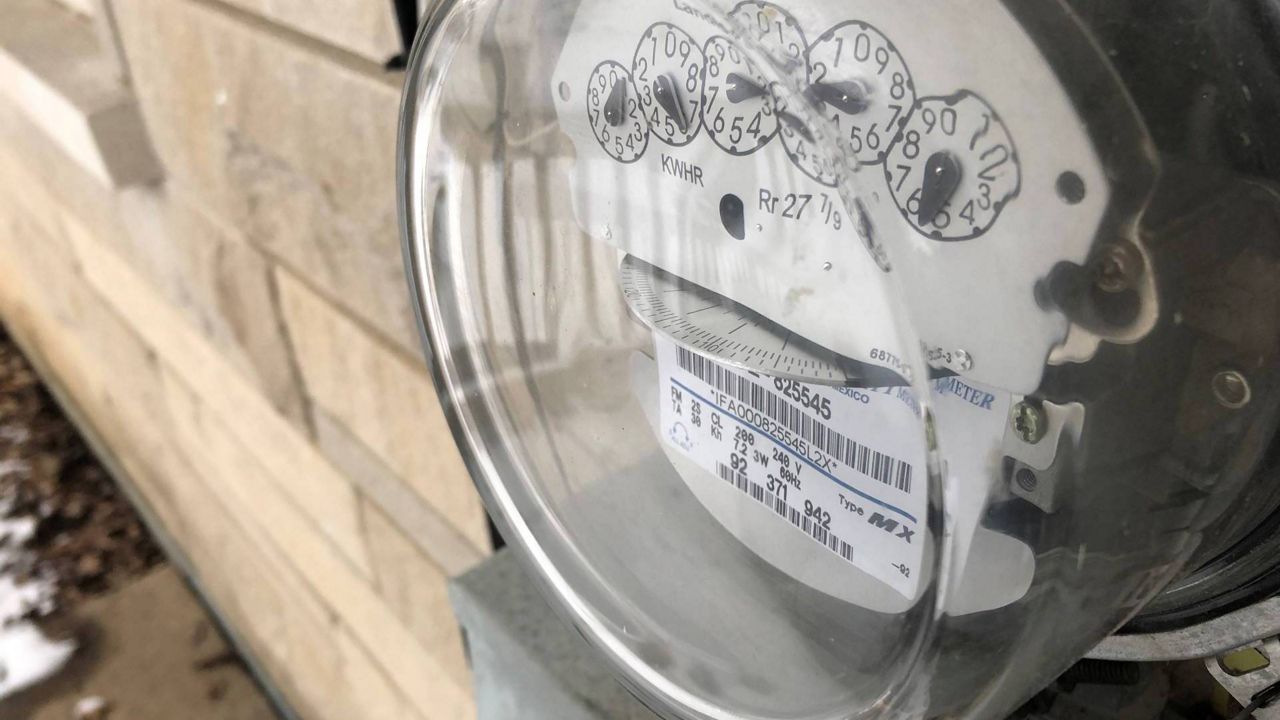Democratic state lawmakers on Thursday proposed legislation meant to further shift New York to renewable and cleaner forms of energy in the coming years by ending statutory requirements and ratepayer subsidies for the expansion of the gas system.
The changes, backed by Sens. Liz Krueger and Rachel May as well as Assemblywoman Pat Fahy, would also require regulators at the Public Service Commission to adopt rule changes for a statewide gas service transition plan.
"At this point there is no question that the transition off of fossil gas and on to clean and renewable systems for heating and cooling our homes is coming, but we are woefully behind in preparing for the transition," Krueger said. "Our current approach is obviously not sustainable in any sense of the word. Without long-term, comprehensive planning that centers affordability and equity, low- and moderate-income New Yorkers could find themselves shut out of the benefits of renewable green options, and bearing an increasingly large share of the cost of obsolete gas infrastructure. As with so many climate and energy issues, we are playing catch-up. It's time to stop digging ourselves deeper into this hole, and start planning our way out."
New York state is expected to transition in the coming years to renewable energies and is required by law to meet certain benchmarks. This has led to a flurry of subsequent measures meant to achieve those targets, which have ranged from making it easier to buy electric vehicles to new requirements for home building meant to meet the change in energy usage.
“New York State’s heating, hot water, and cooking in our largely fossil fuel-powered building stock accounts for an astounding one-third of our state’s greenhouse gas emissions every year, which roughly matches that of the transportation sector,” Fahy said. “Together, these two sectors account for two-thirds of New York’s overall emissions, providing a clear blueprint for where New York can begin to significantly reduce emissions. We are not going to meet our ambitious climate goals laid out in the CLCPA unless New York moves aggressively to transition itself off a reliance on fossil fuels. By developing a statewide gas service transition plan aligned with the state’s climate and emission reduction targets, and ending ratepayer subsidization of fossil fuel infrastructure, we are more likely to meet these aggressive—and vital—goals in the years to come.”


